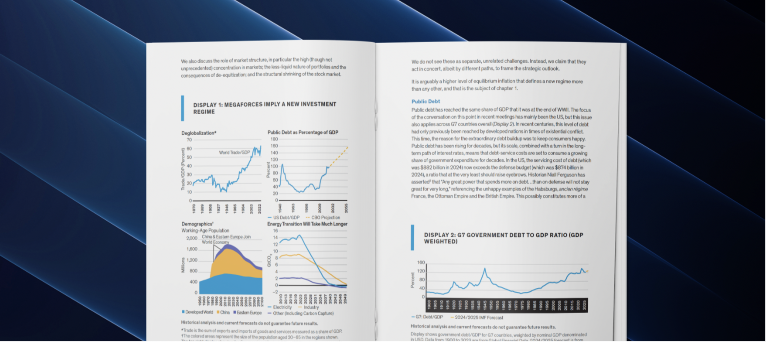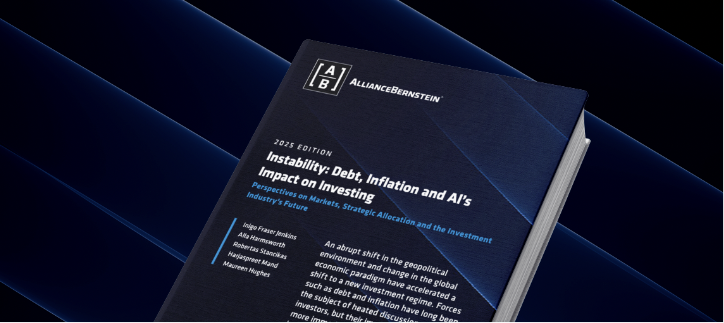The government debt burden across G7 economies has returned to its lofty heights at the end of WWII, mainly to keep consumers happy.
The cost of servicing that debt is growing, and letting inflation run hotter might be the easiest political way out of the problem.





